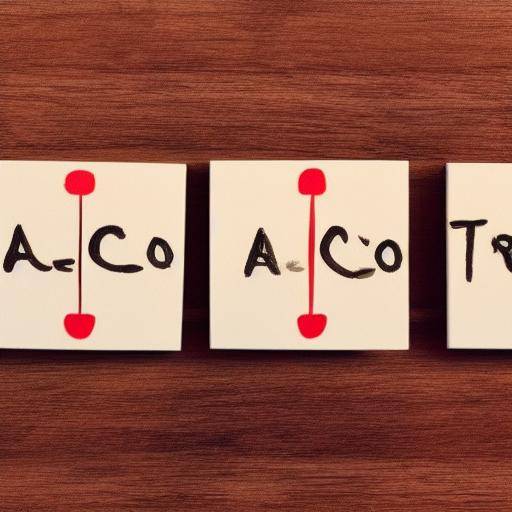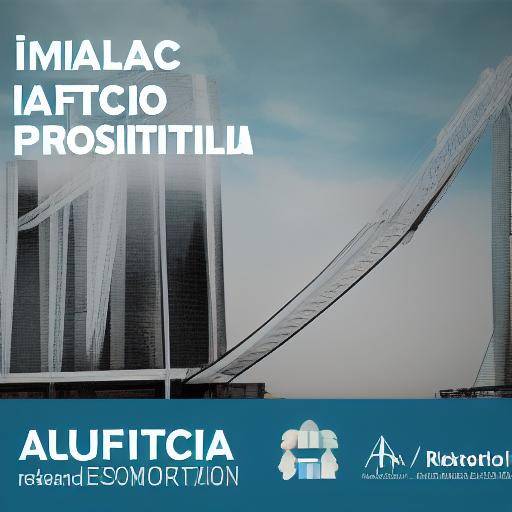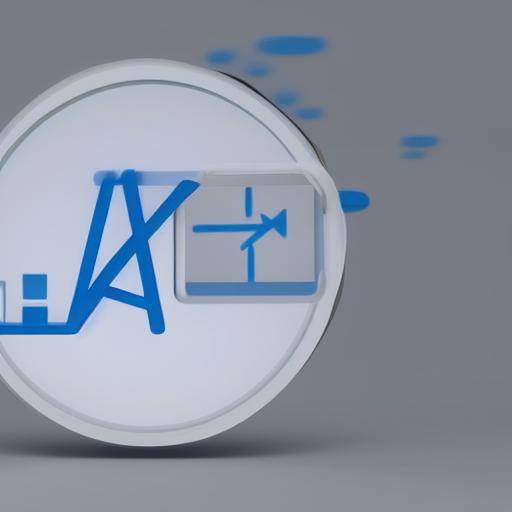
Positive self-affirmation, far from being a modern practice, has its roots in antiquity, where cultures such as Greek and Roman recognized the importance of self- surviving and self-discovery. Throughout history, philosophical and spiritual leaders have promoted positive self-affirmation as a path to self-realization.
The Origins of Positive Self-Affirmation
From the teachings of Greek philosophers such as Socrates and Plato to Buddhist practices of recognizing our intrinsic worth, positive self-affirmation has found its place in various philosophical and spiritual traditions. Over the centuries, thinkers such as Descartes, Rousseau and Nietzsche have contributed to the notion of authenticity, marking significant milestones in the development of positive self-affirmation as a concept.
Evolution and Key Moments
As psychology and sociology evolved, positive self-affirmation became a subject of study and experimentation. In 1988, social psychologist Claude Steele introduced the concept of "self-assertion" in her work on threats to self-image. Since then, studies and experiments in positive psychology and neuroscience have supported the effectiveness of this practice to promote positive emotions and reduce stress.
Analysis in Deep
Benefits of Positive Self Affirmation
Positive self-affirmation not only strengthens self-esteem, but also enhances authenticity by allowing people to recognize and accept themselves in a genuine way. This process of recognition and validation promotes more honest and meaningful relationships with others, promoting greater emotional well-being and a sense of fullness.
Recent research has shown that positive self-affirmation can reduce anxiety, improve academic and labor performance, strengthen mental health and generate greater resilience to challenges. In addition, when consistently applied, it promotes greater authenticity in decision-making and the construction of solid relationships.
Challenges and Considerations
Although positive self-affirmation can be highly beneficial, it is not without challenges. Some people may experience internal resistance in self-affirmation, especially if they have internalized negative beliefs about themselves over time. It is important to recognize that this process can take time and requires a dose of patience and persistence.
Comprehensive review
Practical Applications
Implementing positive self-affirmation in daily life can be done through various strategies. Some effective techniques include:
- Gratitude Journals: Writing regularly about the things we are grateful for can strengthen positive feelings and foster a self-affirmation mentality.
- Daily statements: Repeating positive affirmations every day can help internalize positive thoughts and strengthen self-image.
- Positive visualization: Imagine yourself achieving goals and overcoming challenges can increase trust and resilience.
- Meditation and Mindfulness: Practice meditation and mindfulness can help focus on the present moment and cultivate a positive attitude towards oneself.
Comparative analysis
Positive Self-assertion vs. Authenticity
While positive self-affirmation focuses on cultivating a positive image of oneself, authenticity implies living according to one's own genuine values and beliefs. Both are interdependent: positive self-affirmation reinforces the confidence necessary to be authentic, and to live authentically strengthens positive self-affirmation.
Impact on Different Contexts
In the professional field, positive self-affirmation can improve performance by reducing stress and increasing confidence. In personal relationships, it promotes more open and honest communication, facilitating deeper and meaningful connections.
Practical Tips and Recommendations
- Establish a Routine: Dedicating time every day to practice self-affirmations can help turn this practice into a habit.
- Realist: Affirmations must be credible and realistic. Excessively optimistic statements can be counterproductive.
- Customize the Affirmations: Create affirmations that resonate personally and reflect true desires and values.
- Search: Sharing this process with friends or a therapist can provide a support network and increase the effectiveness of the practice.
Conclusion
Positive self-affirmation is a powerful tool to develop authenticity and improve emotional well-being. By recognizing and validating our positive thoughts, we can strengthen our self-confidence and foster more genuine and satisfying relationships. While it can present challenges, the benefits of this practice are significant and durable. By integrating positive self-affirmation into our daily lives, we can cultivate a more authentic and fuller life.
Frequently asked questions
- **What is positive self-affirmation?**Positive self-affirmation is the practice of consciously validating and strengthening positive thoughts about oneself.
- **How can positive self-affirmation improve authenticity?**By increasing self-confidence and reducing anxiety, it allows people to live more genuinely and faithfully to their values.
- **What are some examples of positive statements?**Examples include "I am able to overcome challenges," "I deserve to be happy," and "I trust my decisions."
- **How long does it take to see results with positive self-affirmation?**Results may vary, but with consistent practice, many people notice improvements in their emotional well-being in a few weeks.
- **Can positive self-affirmation help in the professional field?**Yes, it can increase confidence, reduce stress and improve job performance.
- **What to do if I find internal resistance to self-affirmation?**It's important to be patient and persistent. It may be useful to seek support from a therapist or support group.






















































